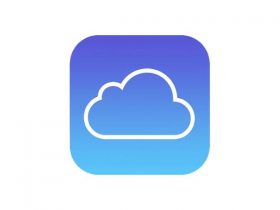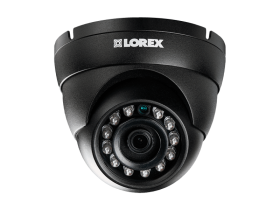Secunia, a leader in the field of IT security, has created a major buzz in the IT world with its Secunia Vulnerability Review 2013. Highlighting the weaknesses of different software solutions, the document has uncovered staggering facts, such as a 98% increase in the number of vulnerabilities in 2012. However, what probably gained the most attention was the list of fifty vulnerable products in the document, five of which you’re about to discover in the following lines.

The 5 Most Vulnerable Software
Of the fifty programs Secunia highlighted, 29 products belonged to Microsoft while the remaining 21 were from third party software providers, including Google and Adobe. Now, as a computer user, this bit of news can be alarming. So, in order to protect yourself and your digital data, here are the five least robust and unsecured programs out there.
Google Chrome – Despite Google taking pride in its browser’s security features, Secunia Vulnerability Review 2013 has uncovered that the browser is the most vulnerable software with 293 vulnerabilities in total.
Apple iTunes – The popular music store apparently isn’t as secure as it wants. Secunia discovered 237 vulnerabilities which affect the web-based software. However, there are 243 vulnerabilities in the software, of which some are being countered through updates and patches.
Mozilla Firefox – Firefox users may have noticed that their favorite browser has been acting up often these days. One of the reasons behind the software’s regular crashing may be the 164 vulnerabilities (257 in total) that prevent it from running smoothly.
Adobe Flash Player – You may be surprised to see that Adobe Flash Player is on the list, especially considering the number of updates you approve within a year. However, the report uncovered a total of 69 vulnerabilities that affect the software.
Oracle Java JRE SE – The Java Runtime Environment (JRE) is a necessary addition to any computer to run Java applications and applets. If you play Java-based games, you definitely need this. Sadly, it is one of the top five vulnerable products with 62 vulnerabilities.
These five aside, other software considered quite vulnerable include Adobe Air (58), Microsoft Windows 7 (51), Adobe Reader (42), Microsoft Internet Explorer (40), and Apple QuickTime (26).
What You Should Do
Most of the software you had just read about is probably already installed on your computer. However, before you panic and start uninstalling them in hopes of protecting your data, consider the following tips to reduce the negative effects of vulnerable software.
Keep Your Software Up to Date – Luckily for computer users, the Secunia Vulnerability Review reports that vendors have been able to create security patches to fix most errors before the report was published. In addition, Secunia has estimated that it takes software developers approximately 30 days to come up with a necessary patch to counter a discovered or reported issue. So, don’t ignore updates even if they can be annoying and time consuming.
Switch to Automatically Updating Windows – If you’re a PC user, it will be in your best interest to allow automatic updates. This way you won’t be prompted for manual updates and your operating system will have the latest components to ward off hackers and other threats.
Always Have Your Virus Scan Running and Up to Date – You can’t afford not to install an antivirus on your computer. If you already have one, make sure to enable automatic updates so that you can easily get the latest virus database and enhance your computer’s security. Also, enable necessary features like browser support to help other vulnerable software keep threats at bay.
Invest in a Firewall – Even if you don’t have sensitive personal or financial data on your computer, a firewall will prevent hackers from going through your computer and taking their pick from your folders.
Use Strong Passwords – You need to create and use complex passwords which no one will be able to decipher. Also, you will need to change your password after every three months to ensure that no one gets their hands on it.
Invest in Biometric Devices – If your laptop doesn’t have a biometric scanner embedded, consider buying a separate one. Since no one will have the same fingerprints as you, you can rest assured that no one will gain access to your system.
Backup Your Data – Having CDs or DVDs of your data is a great way of backing your essential materials. However, if you’re looking for something more convenient, consider shifting your data to a cloud-based server.
With these measures and the constant efforts of software vendors, your computer and data may remain secure in the future.
About the Author: Dmitri Blackthorn is a tech-savvy blogger who loves writing about online security issues, security services, computer software, SEO and social media. Dmitri proudly introduces Stop-DDoS.net – DDoS protection service that helps to fight online scams and malicious attacks.


























